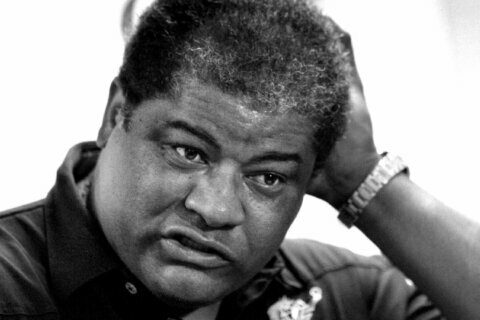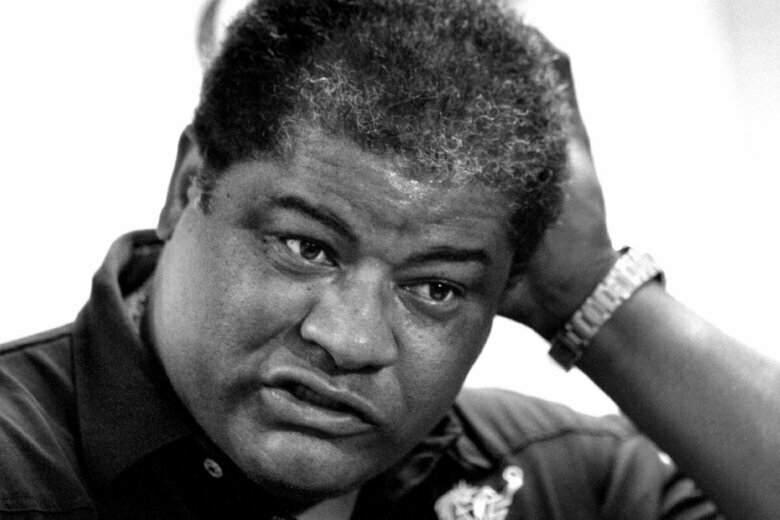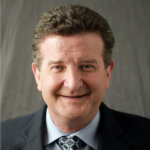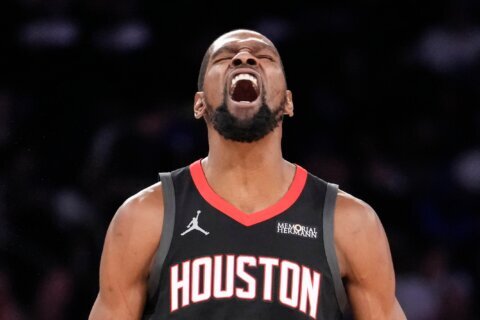
As I write this I can still feel Wes Unseld’s presence. If you met him he made an impact on you personally with the same force that he had on so many opponents physically.
Even though Unseld died on Tuesday at the age of 74, I can still see his sly smile and almost hear his voice. Gruffly, Unseld would be asking me, “Why are you wasting your time writing about me, don’t you have anything else better to do?”
That was Wes Unseld. He was the Washington Bullets center, but he didn’t need or want to be the center of attention even though he deserved to be.
Unseld played for the Bullets from 1968 to 1981 and guided the franchise through its most successful period including four trips to the NBA Finals and one title in 1978.
It’s a good thing Unseld’s resume speaks for itself, because he was never going to talk about it.
In 1988, Unseld was inducted into the Naismith Basketball Hall of Fame, and in 1996 was named one of the 50 greatest NBA players of all time.
For his career he averaged over 10 points and 14 rebounds per game. Along with another Hall of Famer Wilt Chamberlain is only player in NBA history to be named rookie of the year and MVP in the same season.
“He never did look for the limelight,” said Phil Chenier a former teammate of Unseld’s and a friend for close to 50 years.
“He was the rock of the team. He was the guy who made everybody feel confident and comfortable.”
Physically, Unseld was a rock of a man and he exhibited strength not only in the way he played, but in his expression of his convictions and affection for his family and friends. As intimidating as he could be on the court, Unseld was very welcoming off the court, and in reality was a gentle giant.
Unseld did not suffer fools gladly. He would be welcoming if you approached him with intelligence and respect, and if you did it, was time well spent. In Unseld’s company you were truly in his company. He was in the moment and was engaging and curious. He would show a genuine interest in not only what you were doing, but how you were doing.
“He was very patient and he was very personable,” said Chenier. “I think I would use the word compassionate. He seemed to have a way of making people around him feel comfortable, even though initially they were uncomfortable and somewhat intimidated by his size and stature. Once they started interacting with them or talking with him, they would feel comfortable.”
A conversation with Unseld was not boring. He was well educated and interested in so many things. I vividly remember on road a trip to Miami when he asked me specific questions about some of the equipment used in my Wizards radio broadcasts and was fascinated by the new digital technology of the time.
Unseld had a voracious appetite for learning. For all Unseld’s basketball success, it’s hard to remember conversations with him about basketball. Oh, he knew the game and had to be a smart player to produce the numbers he did as a 6-foot-7, undersized center in the NBA.
But Unseld knew so much about so much it was easy for a conversation with him to veer in different directions.
“He really prided himself on reading, especially on the plane,” said Chenier. “You know we’d be playing cards and he was in the back reading. But if we started talking about politics, talking about social issues. You know he was he was all in, and he had his views and was not afraid to express them.”
Unseld was not critical of people, but appreciated critical thinking. He shared a passion for education with his wife Connie and in 1979 founded the Unseld School just outside of Baltimore. The first graduate of the school was their son Wes Unseld Jr., a graduate of Johns Hopkins University and now an assistant coach with the Denver Nuggets. Their daughter Kimberly is still a teacher there.
“The school was Connie’s vision, this was her dream and he jumped on board with it and supported her in any way he could,” said Chenier. “He would drive the bus, sometimes he would be the maintenance man, or deliver the lunches, or do whatever needed to be done. He was happy and proud to do that.”
That was typical Wes Unseld. He was the ultimate team player.








